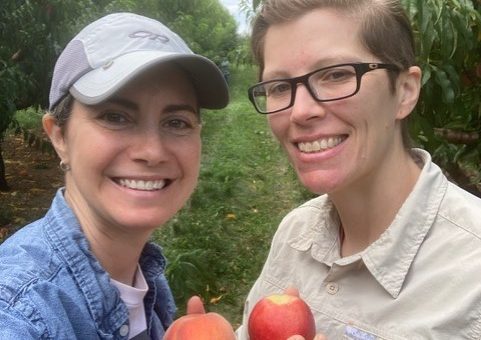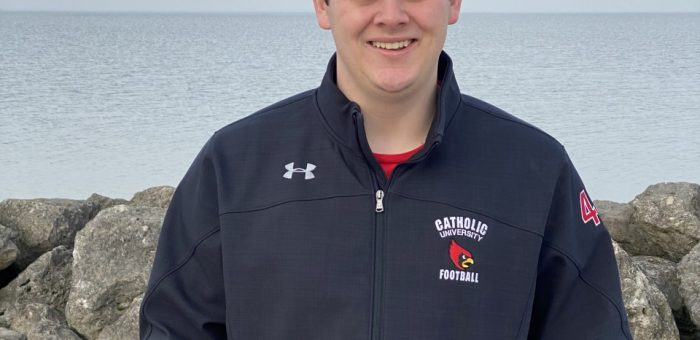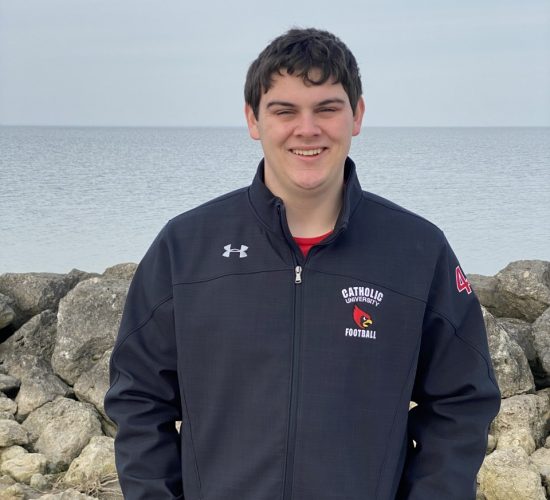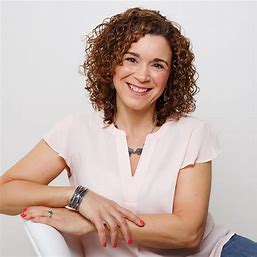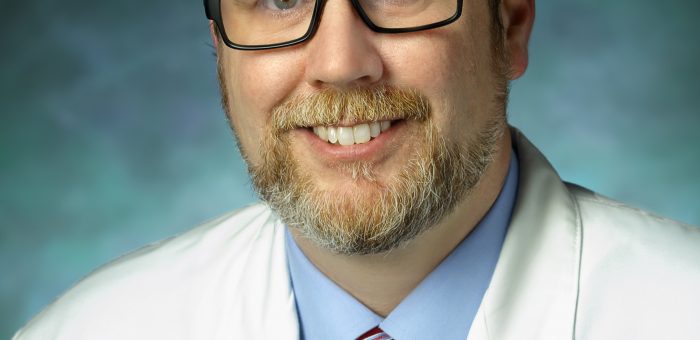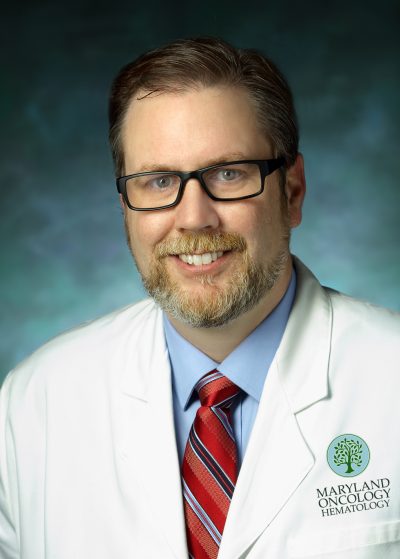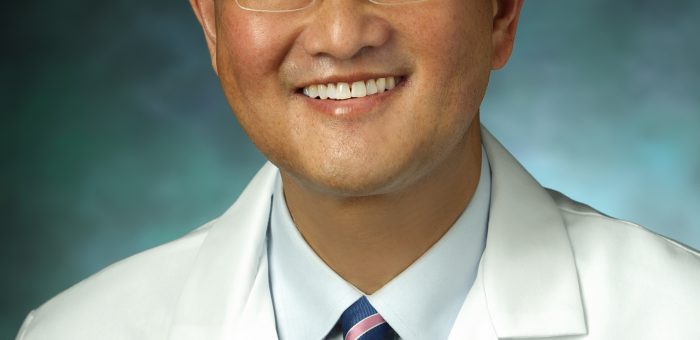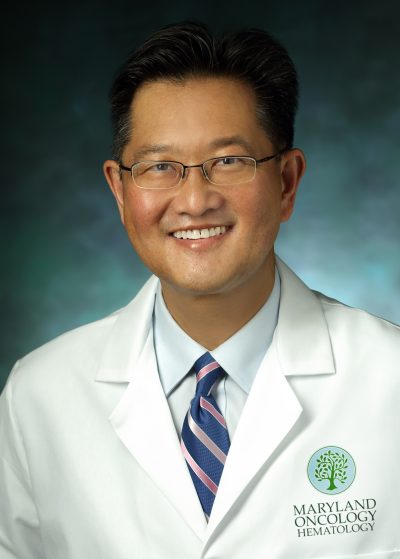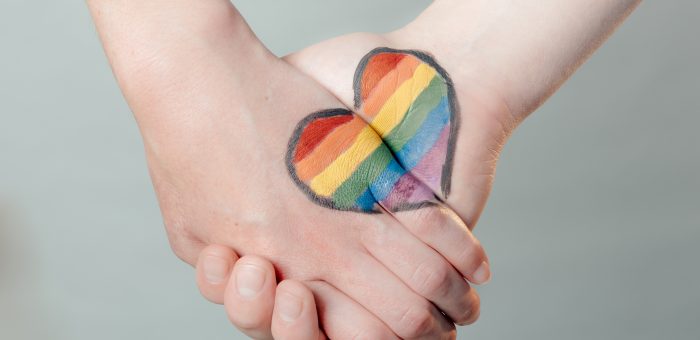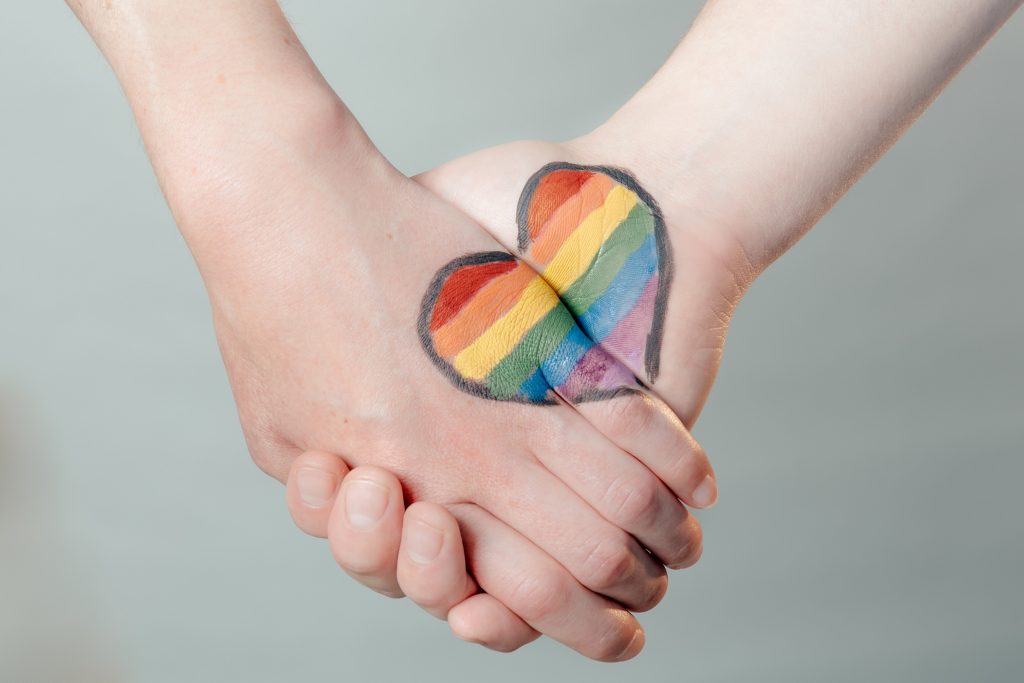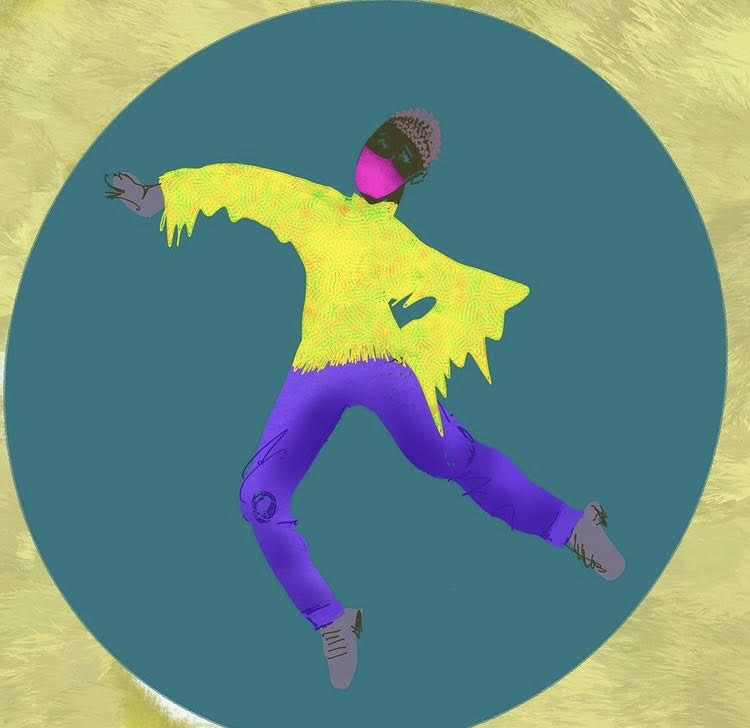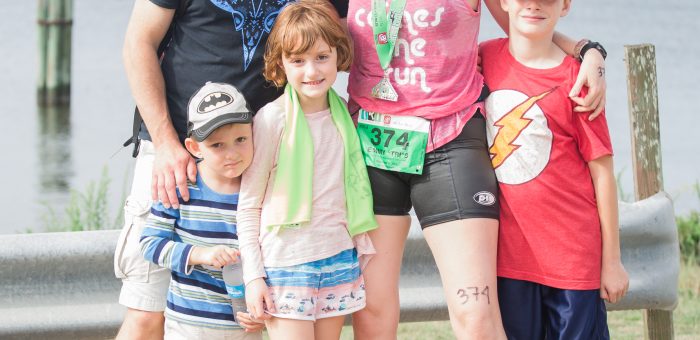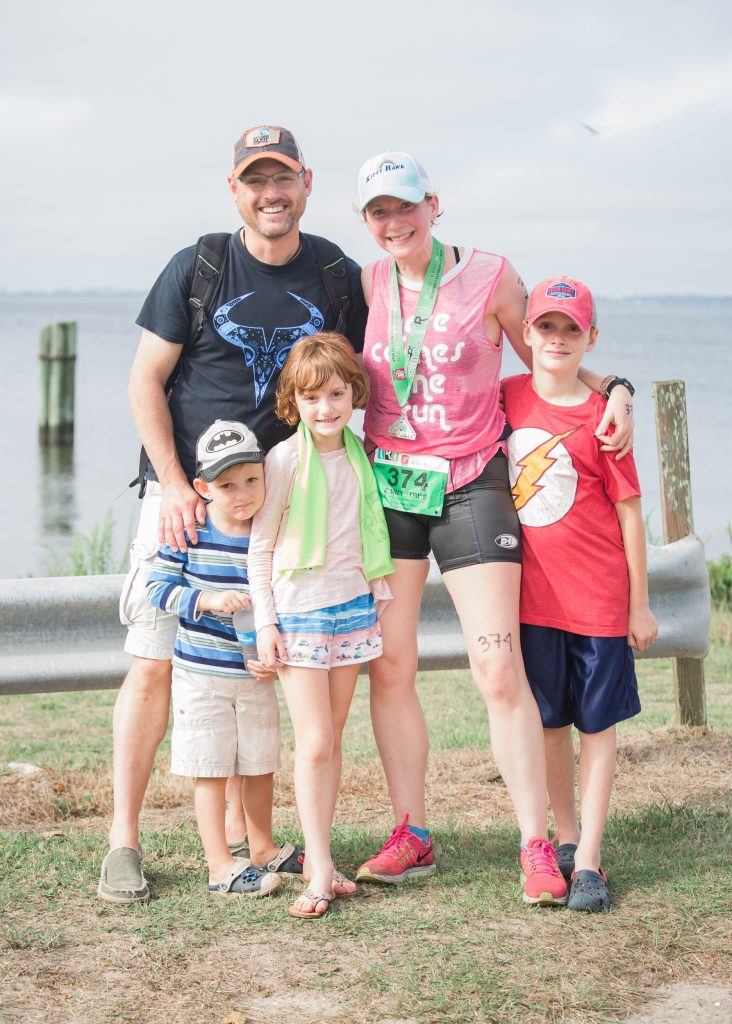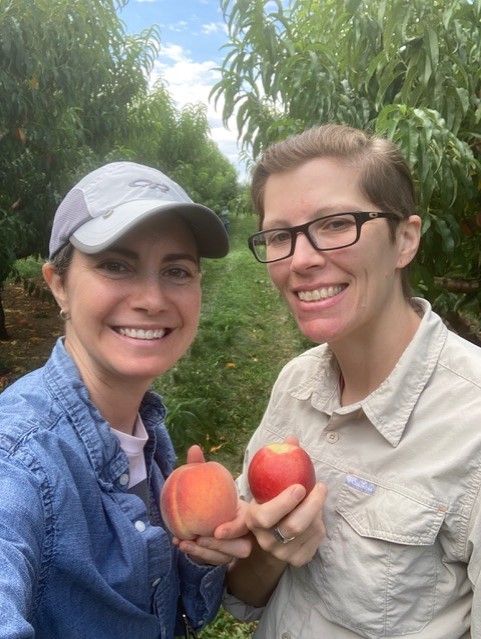
Alexa Hoffman’s experience with cancer was unique, like so many who go through this journey. When her mother was diagnosed with cancer for the second time, her family knew that they needed to be there for her. This time around the diagnosis was bile duct cancer.
Alexa quickly moved from Massachusetts to Maryland and her mother moved from New Jersey to Maryland. Since her sister lived in Maryland, it was the easiest way for them all to be close to one another and provide support.
What they didn’t realize right away is that their mother would miss all her friends from back home. She wanted the support of a social network and remembered the value she got from a support group in New Jersey when she was diagnosed with breast cancer 10 years earlier.
Thankfully, her journey took her to Wellness House, where we were able to care for her. Her treatment provider advocated for the support services at Wellness House, and she recognized the value in these services from her prior experience with cancer. At first, the family wanted their mother to have complete ownership of her experience with Wellness House, but they quickly realized that she wanted them to be there, too. She would regularly encourage them to attend some of the services with her and they also found value in the Caregivers Support Group.
Her mother’s favorite activity was Tea Time at Our House, which was moved to a virtual Zoom session over the course of the pandemic. “She enjoyed Tea Time so much. I did go with her once because she really wanted it, and I could not deny her much of anything. It was almost like the non-alcoholic version
of Cheers. She was able to walk in, people knew her name, you know? She was like a popular classmate,
and it just made me really happy,” said Alexa.
Alexa was so grateful to have these connections, especially after her mom passed. She received several messages from the members who had become friends and had sent her cards. Alexa felt this beautiful connection and knew she wasn’t the only one who missed her mom. “The Wellness House facilitated the
kinds of connections that would make me feel like other people got to see her without the cancer, being
all she was.” Alexa and her family cherished Tea Time so much that they chose to donate funds to help
facilitate this service and to spread joy to others diagnosed with cancer.
What Alexa did not see coming next was her own cancer diagnosis. She was diagnosed with breast cancer just shy of a month before her 39th birthday and joined Where Young Adults (YA) Meet Support Group at Wellness House, available to members who are 18-45 years old. “I have found that to be extremely valuable, not something that I feel like I have to do, but something I want to do,” said Alexa.
Alexa has also found the therapeutic art classes to be extremely helpful in easing the stress of navigating this difficult situation. “I loved the fact that we just did art on the Zoom calls and there wasn’t a ton of conversation. You explained your art at the end. The quality of my art might not have been very good, but the action was the journey, not the end state.”
Alexa further shares her gratitude for her experience with Wellness House being therapeutic for her and also for her relationship with her mother. She witnessed her mother being truly appreciated for the unique person she was and joining with others before departing from this life. “She found energy in connecting with others, especially with those who were going through something similar to her. It gave her an opportunity to be the vibrant person that she was at her core by spending time with people and not necessarily talking about cancer treatment.”
Alexa Hoffman is happily married to her wife of 5 years, Steph Ross, and currently lives in Maryland. In her career, she is a Senior Director of Global Distribution Products for Cision in the Washington, D.C. Metropolitan Area. Her diagnosis came at the beginning of March 2020 and her first surgery was at the end of that month. She is now on hormone therapy and continuing her process of recovery.

